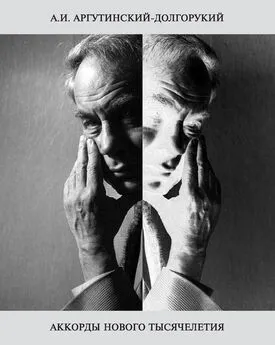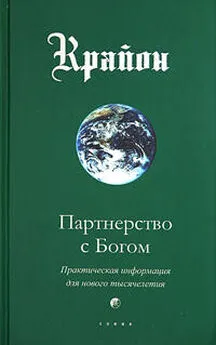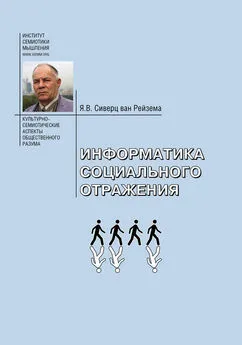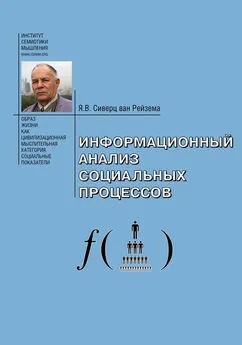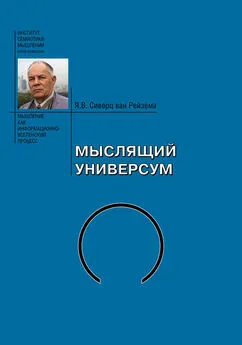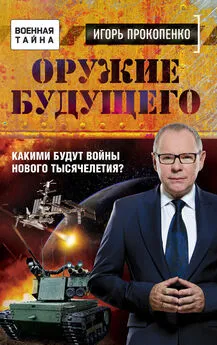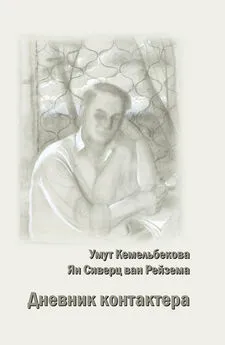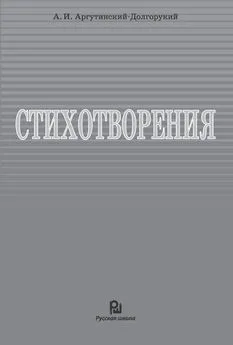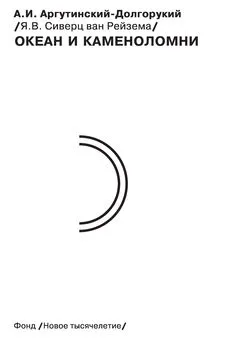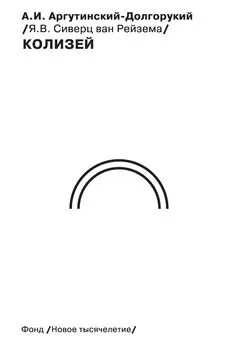Ян Вильям Сиверц ван Рейзема - Аккорды нового тысячелетия. Accords for New Millenium
- Название:Аккорды нового тысячелетия. Accords for New Millenium
- Автор:
- Жанр:
- Издательство:неизвестно
- Год:неизвестен
- ISBN:5-86947-046-3
- Рейтинг:
- Избранное:Добавить в избранное
-
Отзывы:
-
Ваша оценка:
Ян Вильям Сиверц ван Рейзема - Аккорды нового тысячелетия. Accords for New Millenium краткое содержание
Последнее можно рассматривать как инновационный контекст обучающих моделей, адресующих читателя к самостоятельному постижению стилей иноязычного и общекультурного мышления, необходимых человеку планетарной эпохи.
Аккорды нового тысячелетия. Accords for New Millenium - читать онлайн бесплатно ознакомительный отрывок
Интервал:
Закладка:
2003, «Икары и томагавки», М; 2004, «Метафоры», М; 2004
Философские исследования: «Информационный анализ социальных процессов», М.,1982, «Информатика социального отражения», М.,1989, «Мыслящий Универсум», М; 1991, «Философия планетаризма», М,1995, «Прогностические диалоги», М;1995
«Путь России» (под именем А. И. Аргутинский-Долгорукий), М;1997 «Философия планетаризма. Планетарный разум цивилизации», М; 2004
Президент Фонда «Новое тысячелетие» Умут Кемельбекова, академик РАЕНLife Experience of a Philosopher and Poet
(Essay)
Alexander Iwanowich Argutinskiy-Dolgorukiy was born in Moscow in 1934. He belongs to a circle of persons who have chosen literature and lyric poetry as a means of philosophical self-expression, self-identification and cultural intercourse while philosophy serves as an immanent metaphoric sign of belonging to the Thinking Universe.
His poetic talent has become obvious since his childhood. He started writing poetry during the Great Patriotic War of the Soviet people against German Fascism and his lyrics were very much influenced by these historical events.
Now he publishes his verse under his mother’s family name. She belonged to the family of princes Argutinskiy-Dolgorukiy. This family traces its origins to Ancient Egypt Pharaoh Psammetih (663–610 B.C.) and ruler of Persia Artaxerx Mahashastra (465–424 B.C. – translated into Russian as “dolgorukiy”, i.e. man with long hands), and is related to Russian ruling dynasties of Rurikovichi and Romanovs.
His interest in philosophy also became apparent quite early: during his student years when he was appointed monitor of the student philosophical society in the Moscow State Institute of International Relations (MGIMO).
In his relations with the outer social milieu the philosopher and researcher is known under his father’s family name – Yan William Siewertsz van Reesema.
According to the family archives his father’s family is related to medieval German knight Conrad Siewertsen who took part in the Crusade of 1088. Later Conrad’s descendants lived in the town of Reesum in Holland and by the middle of the XYII century they settled in Amsterdam as the Siewertsz van Reesema.
This is a short biography version of a European-Asian thinker, philosopher, poet, researcher – Yan William Siewertsz van Reesema / Alexander Iwanowich Argutinskiy-Dolgorukiy. In his first collection of poetry “Demiurge”, published in Moscow in 1993, Alexander Iwanowich Argutinskiy-Dolgorukiy explaining the functions of names wrote: “Names represent functions of the world. The language of science is universal, the language of poetry as well as the language of history is national. That is why I think it necessary to correlate my father’s name with my scientific work and research activity while I connect my mother’s name with poetry, with my personal history, which is closely tied with the Russian language. In social life and in creative work names of mother and father should be kept in harmonious accord.
I have chosen my literary name Alexander to commemorate my maternal grandfather prince Alexander Mihailowich Argutinskiy-Dolgorukiy. My patronymic – Iwanowich – honors my other grandfather (same maternal side) – Moscow merchant Ivan Rogozhin.
Mother tongue, native language is not only an instrument to express spiritual energy, soul-searching. It rules and tunes the entire system of sign rhythms and sounds”.
Alexander Iwanowich Argutinskiy-Dolgorukiy/ Yan William Siewertsz van Reesema is a person of high eidetic energy. Few authors have succeeded to create comprehensive teaching like his “Philosophy of Planetarism” correlated with the practical formation of multiplanetary civilization of earthlings – all living creatures on the Earth, to interpret its key problems, its culture, innovation and prognostics.
The author gives his interpretation of “The Philosophy of Planetarism” through the interaction of natural-scientific and humanitarian notions: on the one hand, as development of metaphoric energy, i.e. energy-informatics level, on the other hand, as the result of complex cultural-civilization ethic-spiritual processes, realization of thought energy in cosmic and planets environment.
The poetic version of “The Philosophy of Planetarism” asserts the necessity of all planetarian subjects for the Earth survival as spiritual planet, the ethics of equality, equal “rights” for all planetarian entities: human beings, animals, plants, landscapes, and cultural-historical essences. They are equally important for our planet as the rarest manifestation of thought energy and life resource of our Universe. These postulates of ‘the Philosophy of Planetarism’ motivate further developments: ecological, educational and hence political-economic, social and world outlook consequences.
Absorbing the scale of the author’s thought the reader is expected to take the role of a co-thinker, he should live through these planetarian situations as if they have become an immanent part of his own personal life. These feelings should help penetrate deeply into the author’s world, to comprehend his unique cosmos with unexpected unusual word-forms and metaphors, new lyrical attitude, tragic sarcastic vein and assuredness, born by culture.
The author’s life bears some symbolism. He was brought up in the International Children’s Home in the city of Ivanovo, graduated from the Indonesian faculty of the MGIMO, served as a Navy officer, worked as a Research fellow at the Institute of Oriental studies and at the Institute of Sociology of the USSR Academy of Sciences.
His poetry and main philosophical works appeared in print rather late. The first book of verse “Demiurge” was published when the author was 59. “The Philosophy of Planetarism” came out at the age of 61. There were serious reasons for this delay.
In the early 1960s the author had a very intensive correspondence and contacts with Soviet progressive literary figures: he had intensive exchange of opinions with such well-known Russian poets as Pavel Antokolsky, Leonid Martynov, Eduardas Mejelaytis, Rasoul Gamzatov. During his army year’s novelist Victor Necrasov came to visit him, they exchanged views on how to use and interrelate innovation and classic elements in writing. In his early years he had close constructive contacts with Valeria D.Prishvina, a learned philologist, arts theoretician and writer. Yuri Rozhdestvensky, a renowned Russian culturologist and semioiogist, was among his closest friends.
A very important role for the practical realization of his poetical talent was played by Vladimir Lakshin, the leading critic of the top Russian literary monthly “Noviy Mir”. Lakshin offered him to publish some poetry in the famous magazine. But – alas! – in spite of Lakshin’s efforts the poems were rejected by the almighty ideological censorship. Lakshin comforted him: “Don’t be very upset! This is a sign for you. Go on, work as hard as before. And with greater concentration and more energy. Cherish your talent. Do not hurry with publications. Later on just produce all at once!”
In 1968 there was another very important meeting… in absentia…with Yuri V. Andropov (the head of the KGB at that time). The poet gave his personal estimation of the Soviet invasion to Czechoslovakia. The poetical cycle named “Invasion” expressed severe criticism of the events and obviously could not be published. It was designed only for the personal diary. Unexpectedly the manuscript had been laid on Andropov table, and with his resolution was dispatched to the authorities of the Institute of Oriental studies.
Andropov himself wrote poetry. Andropov remarks on the margins of Argutinskiy-Dolgorukiy manuscript read as following: “Poems are of great interest. I categorically disagree with their political approach. Don’t apply any extreme penalties to the author!” Signed: Yuri Andropov. Well, it was an effective charter of immunity for poet and philosopher who have chosen the survival of civilization as the supreme value. The poetical cycle “Invasion” was published only in 1996, they were included into the collection “Faces of a Day”. But that was quite a different epoch, which collisions, motives, contradictions and opportunities have been foreseen by the author of “the Philosophy of planetarism”.
In 1998 A.I. Argutinskiy-Dolgorukiy had been nominated by the “New Millennim Foundation” for the Russian state prize.
Bibliography of the author:
Poetry of A.I. Argutinskiy-Dolgorukiy
“Demiurge”, M; 1993, “Faces of a Day”, M; 1996, “Labyrinth”, M; 1996, “Liberty”, M; 1996, “Goethenaum», M; 1996, “Pompeii”, M; 2000, “Muses in Hamowniky”. M; 2003, “Ikarus and Tomagawks”, M; 2004, “Metaphors”, M; 2004
Philosophical researches of Y.W.Siewertsz van Reesema
“Information Analysis of Social Process”, M; 1982, “Social Reflection. Basis of Society Reason”, M; 1990, «Thinking Universe”, M; 1991, “Philosophy of Planetarism”, M; 1995, “Prognostic Dialogs”, M; 1995, “Way of the Russia”, M; 1997, (A.I.Argutinskiy-Dolgorukiy), “Philosophy of Planetarism. Planetarian Civilization Reason”, M; 2004
Umut Kemekbekowa, President of The “New Millennium» Foundation, Academician of The Russian Academy of Natural SciencesОт автора
Поэзия – это выбор вероятного из существующего по критериям информативности метафор. Таково кредо, которым руководствуюсь в поэзии.
Это затрагивает всю область поновления выразительных средств, что, как и в музыке, ведет к требуемой концентрации метафорических энергий.
Выдающийся русский исследователь мыслительности П. Д. Успенский писал в начале ХХ века: «Какое-нибудь одно маленькое стихотворение может жить тысячелетия, заставляя сотни людей работать на себя. Посмотрите, сколько потенциальной энергии в каком-нибудь маленьком стихотворении Пушкина или Лермонтова. Эта энергия действует не только на чувства людей, но самим своим существованием на их волю… Несомненно, что в каждой мысли поэта заключается огромный потенциал, подобный потенциалу, заключающемуся в куске угля или в живой клетке, но бесконечно более тонкий невесомый и могущественный. Это замечательное соотношение явлений может быть выражено так, что чем дальше видимое явление от осязаемого, чем дальше оно от материи, те больше в нём скрытой силы, тем большее количество энергии оно может освободить, и тем меньше оно зависит от времени. (Успенский П. Д. Tertium Organum. Спб 1911. с 101).
Читать дальшеИнтервал:
Закладка:
